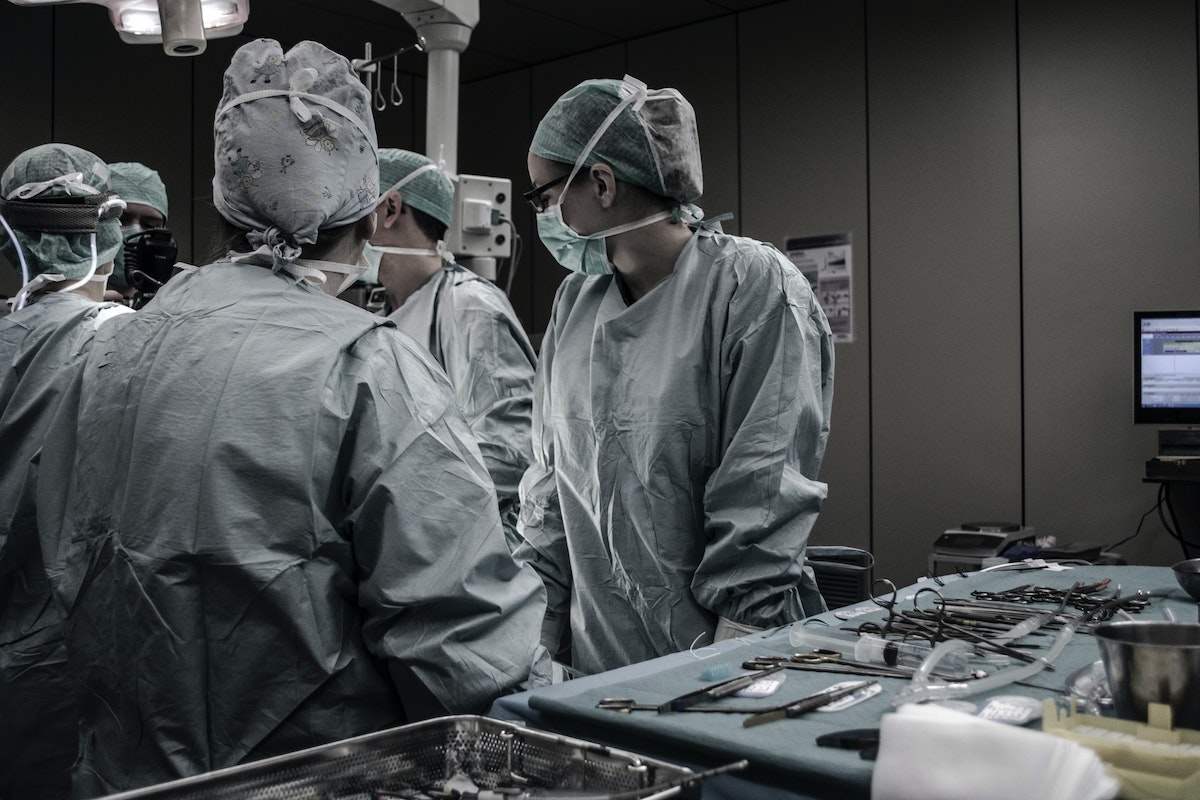Behind the glossy headlines about AI-assisted diagnostics and robotic surgeries, there’s a quieter debate happening in closed-door policy meetings and private innovation summits.

A Collision of Eras
Healthcare has always been a paradox—it’s one of humanity’s oldest professions, yet also one of its most technologically aggressive. We still lean on ancient healing rituals, herbal remedies, and the wisdom of elders… while, at the same time, we insert nanobots into bloodstreams and train AI to detect disease before symptoms even appear.
The real question is no longer if technology will redefine healthcare—it’s how much of tradition we’re willing to surrender in the process.
The Hidden Tension
Behind the glossy headlines about AI-assisted diagnostics and robotic surgeries, there’s a quieter debate happening in closed-door policy meetings and private innovation summits:
Sources within certain high-profile medical networks suggest that the next wave of innovation will not be purely clinical—it will be experiential. That means designing care systems that blend the efficiency of machine learning with the cultural comfort of human empathy.
The Insider Experiments
Several global hospitals—names withheld for discretion—are already experimenting with “dual-lens care models.” In these pilot programs, AI tools make diagnostic recommendations, but traditional healers, spiritual leaders, or cultural mediators are embedded in the process to ensure treatment plans respect the patient’s heritage and values.
One physician described the approach as:
“Letting the machine tell us what’s wrong, and letting the human remind us why it matters.”
Why Creativity is the Next Medical Breakthrough
When most people hear “healthcare innovation,” they picture new drugs, cutting-edge surgeries, or biotech labs. But the future may depend less on invention and more on creative integration—the art of weaving centuries-old healing knowledge into a modern clinical framework.
Why? Because in many cultures, healing is not purely physical—it’s emotional, spiritual, and social. A treatment that extends life but alienates a person from their identity isn’t healing—it’s erasure.
The Whispered Resistance
Not everyone is thrilled about blending tradition and tech. There are quiet concerns from certain tech investors that too much focus on cultural preservation could “slow down” innovation cycles and make adoption harder. In private, some corporate voices argue:
“If tradition slows progress, maybe it has to go.”
This isn’t just a design debate—it’s an ethical war about what we owe the human spirit in an age of hyper-efficiency.
The Stakes for Patients
The creative fusion of tradition and technology could:
But if handled poorly, it could also:
Why These Matter

For the past two decades, business has lived under a spell — the belief that technology is the ultimate disruptor. We’ve worshipped at the altar of innovation, measuring success by how quickly we could automate, digitise, and optimise. Tech has indeed changed the way we live, work, and connect. But here’s the inconvenient truth: In the next decade, technology won’t be the competitive advantage. Trust will.